5 Things to Consider When Planning a Backpacking Trip
A few guidelines to make sure your trip is a success.
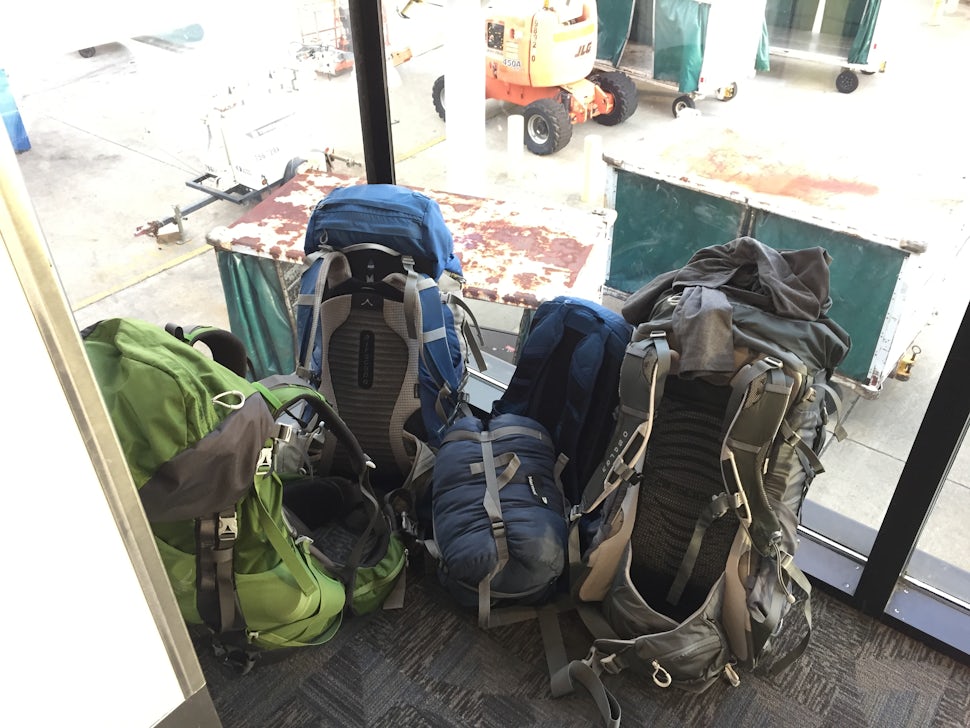
Spending a few days (or longer) out in the wilderness is an amazing thing, but it can be easy to either neglect important details in planning, or just feel so overwhelmed by them all that you don't even want to bother. However, with a little research and experience, trip planning can become second-nature and let you focus on enjoying the outdoors!
Here are my top five things to consider when planning a multi-day backpacking trip, along with some examples from my recent trek through Great Smoky Mountains National Park.
1. Consider your travel
Will you need to fly to your destination, or is it close enough to drive to? How far is your route from the airport? Can you safely transport all of your gear? Will you have time to begin your route once you arrive after travelling?
On my recent trip to the Smokies, my friends and I cut it close with getting one car parked at the end of our route (Clingman's Dome), and then driving back to the beginning of our route to start hiking to our first campsite. We made it into camp and got the tents set up right before night fully descended.
The great thing about camping is that it's much less expensive and much more fun than other accommodations, but you'll likely still need to plan out how you'll get to your beautiful home away from home!
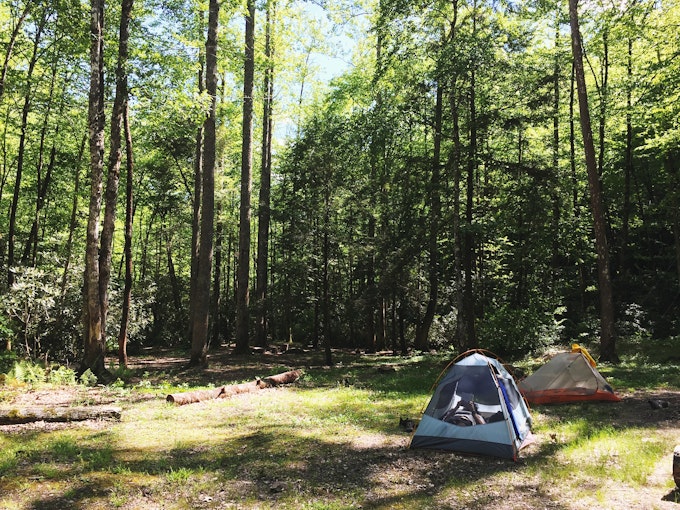
2. Consider the weather
Keep up with the weather forecast during the week leading up to your trip. While it is possible that the weather could be bad enough to cancel your trip, it's more likely that it will just change what gear you need to bring or how long your route will take. Either way, you don't want to be taken completely by surprise with the weather!
Rain was forecast for the first half of my Smokies trip, and even though it didn't rain as much as was predicted, it was still nice to have already brought wet-weather clothing, rain covers for my pack, and a tarp/roof for the campsite.
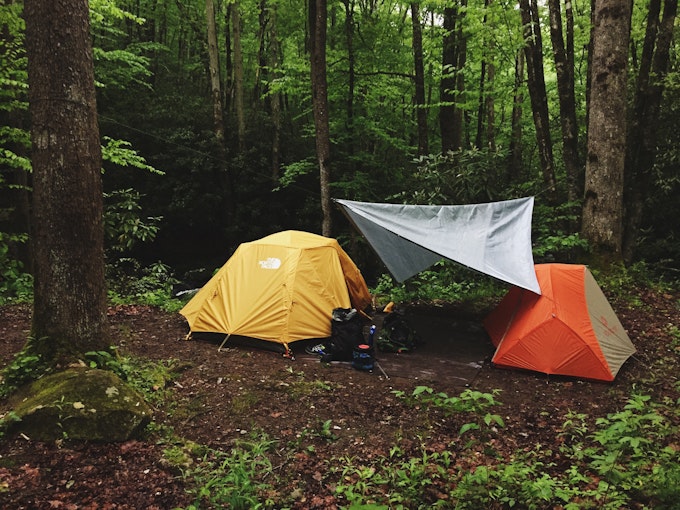
3. Consider what your route will require of you
It takes a little work to plan out a backpacking route to begin with, but it's very important to go the extra mile and make sure that the route you're planning is not just technically possible, but actually feasible for you. Use tools like Hiking Project and the adventures here on The Outbound to find more detailed information about the trails you're choosing, such as elevation gain, trail accessibility, any seasonal hazards, or even just simple things like creek crossings.
In the Smokies, we didn't realize that the last leg of our trip would require us to cross significant-sized creeks 5 or 6 times. It was a lot of fun, but we had to stop and take our shoes and socks off each time before wading through the creek.
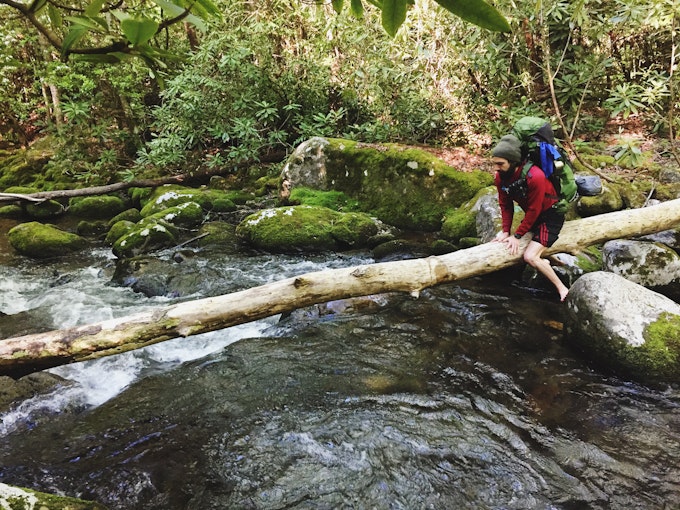
4. Consider how much time you have available
You definitely want to be aware of how long it will likely take you to finish one leg of your trip and make it to camp before nightfall. There are many things that you can't really plan for that could effect how quickly you make it from point A to B, but you can account for how fast you hike and give yourself some margin. If you need to reach a certain location by a certain time, whether to resupply, make it to camp by nightfall, or to complete your trip back at your car, plan ahead and overestimate!
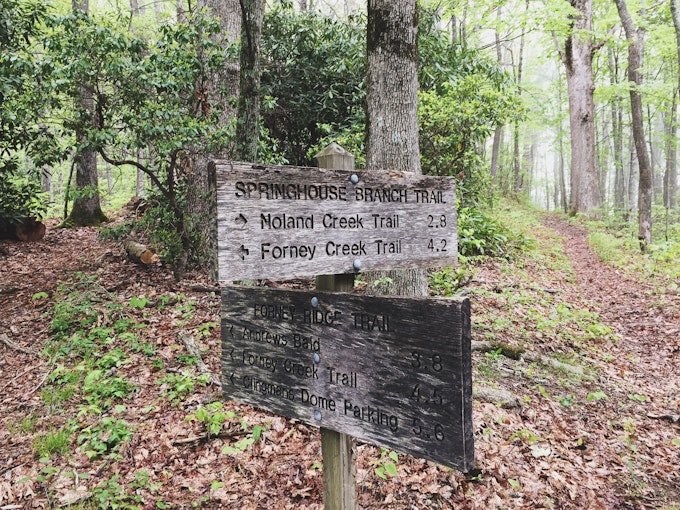
5. Consider being flexible
All of this being said, you really can't plan for everything. While it's good to have backup plans, the right gear, and extra supplies, at some point something unexpected will happen and you'll need to be flexible! Your ability to adapt and deal with possible emergencies is huge, but being able to go with the flow and make the best of things is also important. Just remember that it is a great privilege to get out and explore the outdoors, so plan ahead as best you can, but at the end of the day, just relax and you'll have some great stories to tell!
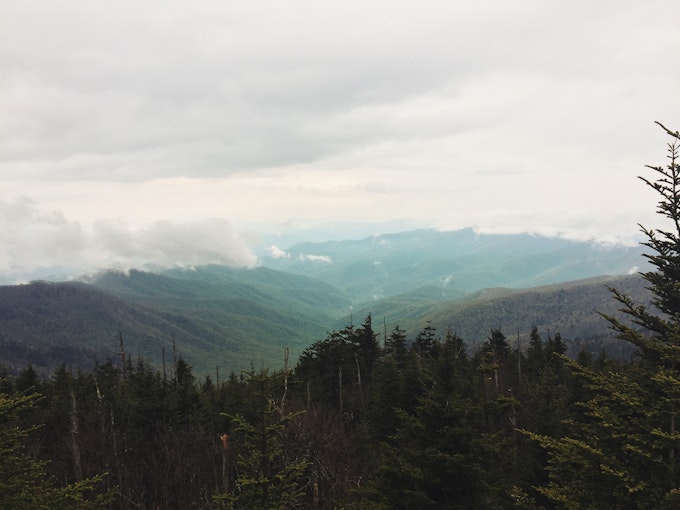
We want to acknowledge and thank the past, present, and future generations of all Native Nations and Indigenous Peoples whose ancestral lands we travel, explore, and play on. Always practice Leave No Trace ethics on your adventures and follow local regulations. Please explore responsibly!
Do you love the outdoors?
Yep, us too. That's why we send you the best local adventures, stories, and expert advice, right to your inbox.







